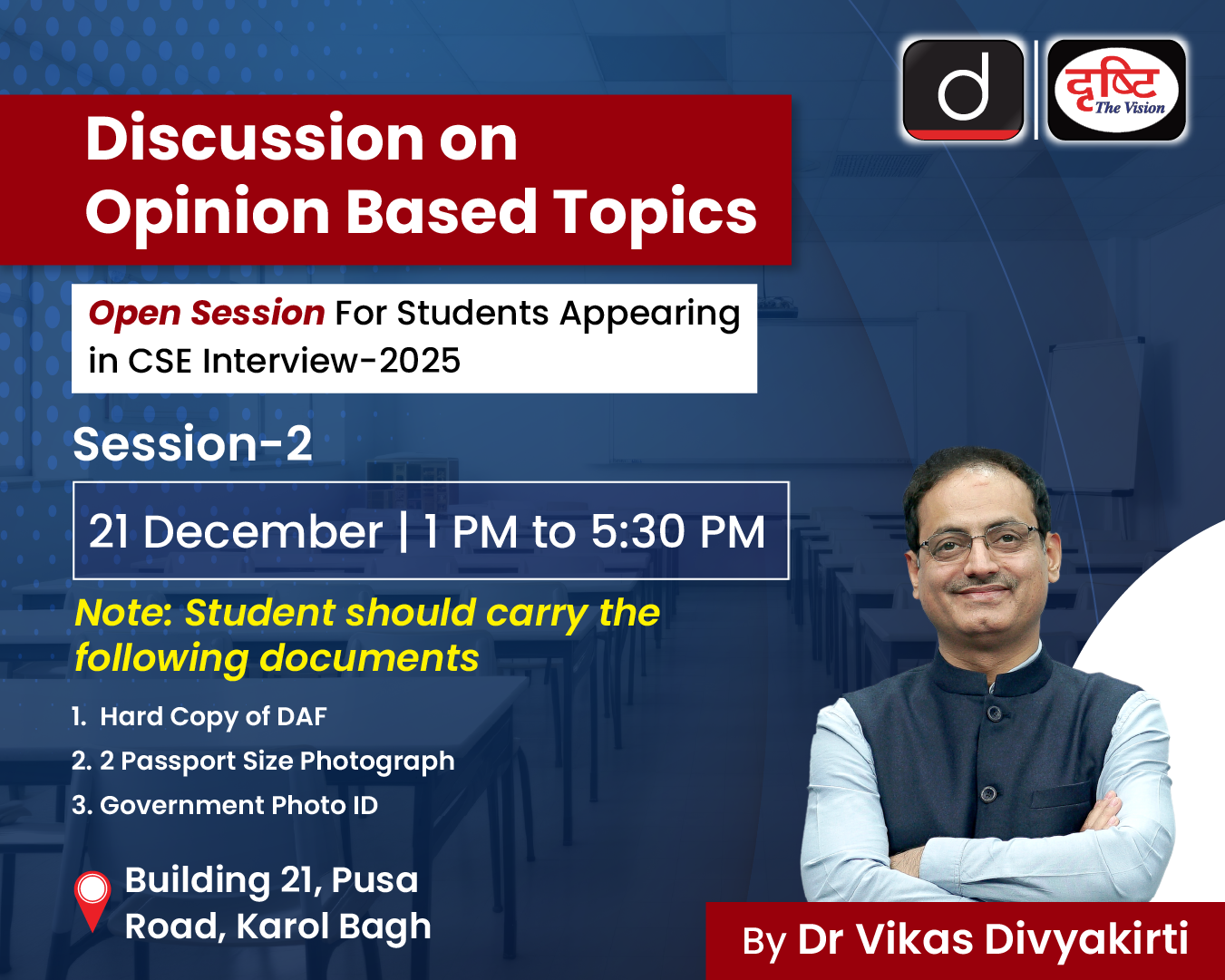-
Q. “India needs smart urbanization”. In light of this, discuss the issues and challenges associated with urbanization in India. (250 words)
04 Dec, 2019 GS Paper 3 EconomyApproach
- Briefly mention the level of urbanisation in India.
- Describe smart urbanisation.
- Enumerate the issues and challenges associated with urbanisation in India.
- End on a positive note by providing few suggestions.
Introduction
Urbanisation in India is taking place at a faster rate with over 34% of India’s current population living in urban areas (UN World Urbanisation Prospects Report 2018). It has expanded rapidly as an increasing number of people migrate to towns and cities in search of economic opportunity. Smart urbanisation involves effective integration of physical, digital and human systems in the built environment to deliver sustainable, prosperous and inclusive future for its citizens.
Body
Issues associated with urbanisation in India:
- Urban sprawl or real expansion of the cities, both in terms of population and geographical area, which has encroached upon the agricultural and forest lands.
- Overcrowding and haphazard development of urban areas which has led to annually recurring instances of floods, diseases and fire in many cities.
- Rising demands for basic services such as clean water, public transportation, sewage treatment and housing.
- The proliferation of slums due to policy, planning, and regulatory deficiencies.
- Huge quantities of garbage generated by the cities which are posing a serious health problem.
- Environmental concerns such as urban areas becoming heat islands, rising air pollution, groundwater pollution and persistent water crisis.
- Rising urban poverty, inequality and unemployment.
- Urban Crimes such as human trafficking, sexual assault, child labour etc.
Several smart urbanisation measures like Smart Cities Mission, AMRUT etc are being taken up by the government to address these issues. However, there are various challenges which impede progress such as:
- Many urban local governments lack a modern planning framework which limits effective land utilisation and cities’ abilities to grow in accordance with changing needs.
- 74th Amendment Act has been implemented half-heartedly by the states, which have not fully empowered the Urban Local Bodies (ULBs). ULBs need clear delegation of functions, functionaries and funds.
- The state governments have not given enough autonomy to ULBs to generate revenues and at the same time, the ULBs have failed to utilize even those tax and fee powers that they have been vested with.
- On the ‘Smart City’ front, while over 90 ‘Smart Cities’ have identified 2,864 projects, India lags on implementation, with about 148 projects completed and over 70% still at various stages of preparation.
- Low level of urban infrastructure investment and capacity building.
- Wide inter-state disparity in urbanization levels also poses a challenge to the urban planners. An urban area that has an advanced model of technology but is badly planned, with outdated legal frameworks or lacking a good financial model, will only aggravate the dysfunction in the area.
Conclusion
The announcement of a new urbanisation policy that seeks to rebuild Indian cities around clusters of human capital, instead of considering them simply as an agglomeration of land use, is a welcome transition. We need to empower our cities, with a focus on land policy reforms, granting urban local bodies the autonomy to raise funds and enforce local land usage norms.
To get PDF version, Please click on "Print PDF" button.
Print PDF





